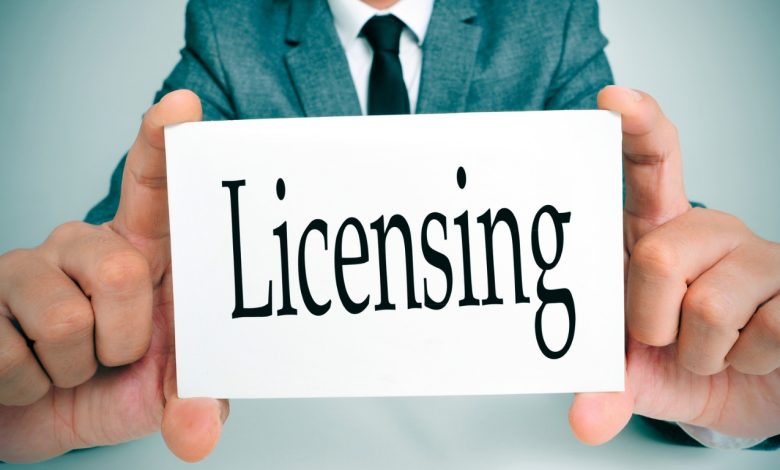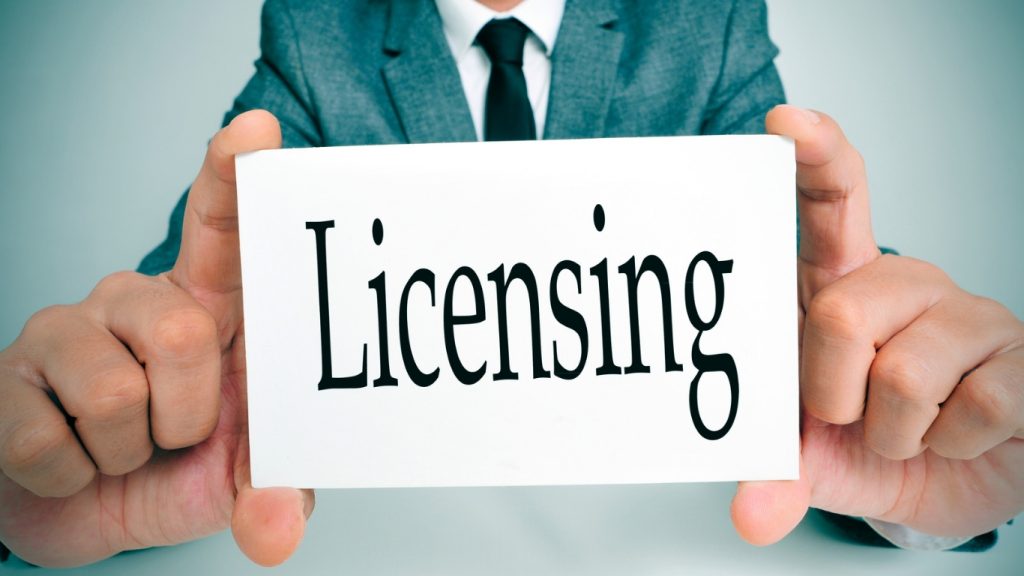Trademark Licensing: How to Monetize your brand and expand your Business


Trademark Licensing
According to the Trademarks Act 1999, trademark licensing refers to a process where the registered owner approves the third party to use the mark in return of royalty. Licensing of a trademark helps the registered owner to use the mark without taking any other permission. The owner can set restrictions according to the terms and conditions laid down in the licence agreement.
Under Indian law, the rights of a trademark can be passed to a third party by trademark licensing. The main advantage is that the mark likely becomes more popular through licensing. It destroys brand image if not monitored well. The quality check helps the trademark owner’s brand by identifying quality assurance and making informed purchasing decisions.
The licensor must control the quality of goods and services provided by the licensee. The different provisions ensure the licensee’s compliance with the agreement and relevant laws. The licensor can ask for the right to review the quality assurance of products or services. The licensor must provide a digital model of the trademark, including words, symbols, logos, and designs used by the licensee.
When a mark contains a logo or design component, it ensures that proper colour, spacing, and size are used. The changes made to the trademark by the licensee must be accepted by the licensor.
The Indian Government has taken the following steps to develop trademark licensing:
- An amendment of the Trademarks Act, of 2003 provides that a brand name must be used with the permission of the brand owner through a written agreement.
- The Department of Industrial Policy and Promotion provided that the digital payment of royalties allowed for trademark licensing.
Benefits of Trademark Licensing
Licensing a trademark is considered an important step for a brand owner to obtain benefits for the brand’s reputation in the marketplace. Parties get monetary benefits through profits and royalties. It helps the owner to expand its business in different territories.
As the trademark reaches thousands of people, it becomes famous and well-known. It provides profit through sales and helps in trademark licensing. The licensor’s duties will be reduced, and the licensee will be responsible for managing the products and services using the trademark. For example – an owner of a brand can permit a licence to a third party in consideration of a royalty.
The ownership right of the trademark lies with the proprietor. It provides the right to use the trademark through licensing. The licence grants limited rights to parties, such as regulations, exclusive rights, and territorial limitations on allowance. The licensors and licensees must have information about licence grant clauses in contracts which includes details about other parties.
Trademark Licensing Agreements
The trademark licensing agreement includes the licensor of registered trademarks which permits another company to use products and services under their trademark. An agreement describes the details such as name, registered office, location, and time period of the parties in an agreement. The right granted to the licensee can be exclusive or non-exclusive.
The different clauses in trademark licensing are as follows:
Rights and Obligations – The agreement includes the rights and obligations of both parties. The licensor’s responsibilities include the fact related to the monitoring of trademarks and implementing strategies effectively whereas the licensee’s responsibilities include ensuring the quality of products and services.
Royalty Clause – The licensing agreement must specify royalty calculation which needs to be paid by the licensor to the licensee. It also states terms and conditions related to the payment of royalties. Both parties are responsible for payment and provide details about addressing problems. The licensor also provides the right to evaluate the royalties which must be paid.
Product Clause – The clause in an agreement specifies the responsibilities of both parties which involves safety, and social service on the goods and services. The licensee needs to follow state and local safety rules in relation to the product, employees, and business.
Quality Check Clause – The agreement states that the licensor must use quality control practices for the goods and services. The clause must also include different goods and services that fail to meet the requirements.
Termination Clause -The clause must specify conditions needed when a party suspends the signed contract. It could be suspended on commencement of the trademark licensing agreement.
Confidentiality Clause – The licensing agreement states that the confidential information is for both parties. It includes confidential information such as the duration of the contract. The confidential information must not be disclosed to any party. The licensing agreement provides help in return of the exchanged encrypted information between two parties.
Conclusion
The trademark licensing agreement is an important element to reduce disputes between two parties. The agreement provides payment and royalties, it also allows both parties to have control over products and services effectively. Quality check is an important factor in trademark licensing. It provides help in meeting the needs of the licensor and licensee. Trademark licensing ensures that the buyer gets good products and services.
At Plead Masters, we put great effort in protecting your intellectual property and promoting innovation. Our specialisation in Intellectual Property Registrations. By being proactive, we are able to predict problems as well as take advantages thus making sure that your success is guaranteed regardless of changes that may occur in any legal system. For those entrepreneurs, small business entities or even big firms who require help, they should turn to us because we shall aid them as regards to creativity, development and expansion processes. Get in touch with us now for protection of your intellectual properties in India, as well as increasing their values.




